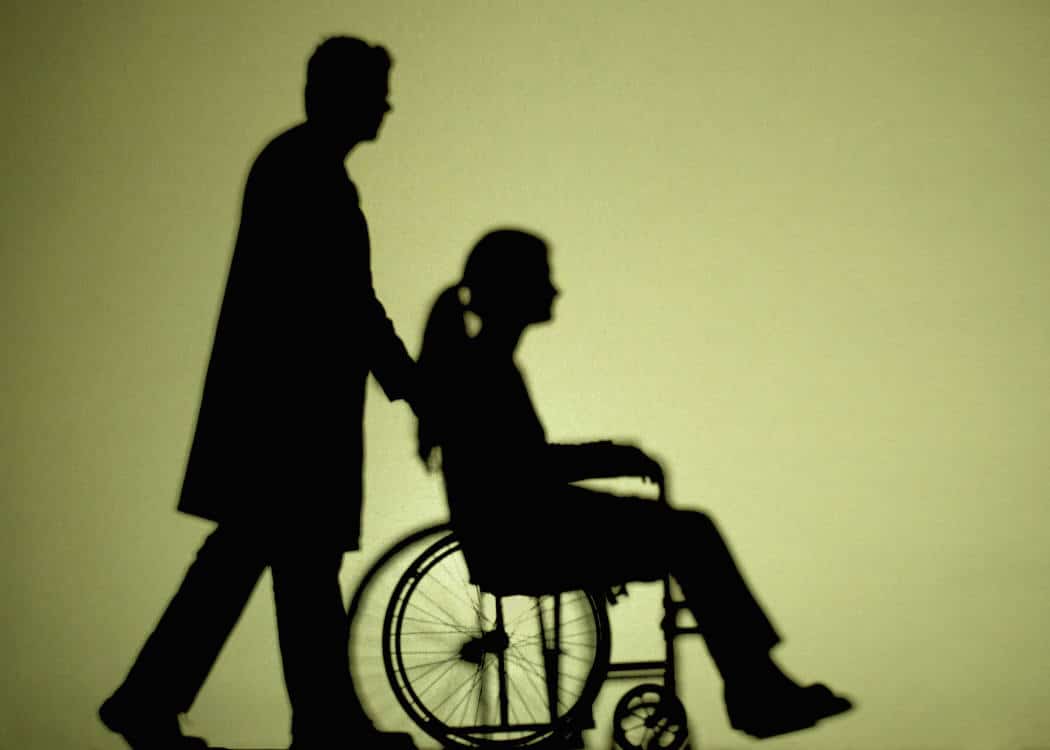MedPage Today’s recent article entitled “Long, Frequent Naps Predict Alzheimer’s Dementia notes that elderly people who napped more than once a day had 1.3-fold increased risk of developing future Alzheimer’s dementia.
Peng Li, PhD, of Brigham and Women’s Hospital in Boston, and colleagues at the virtual SLEEP 2020, a joint meeting of the American Academy of Sleep Medicine and the Sleep Research Society announced his findings.
“Importantly, these associations were independent from depressive symptoms, vascular diseases and risk factors, and prescribed medications that may all contribute to sleep,” Li said.
Studies have shown conflicting messages about the connection between daytime napping and cognition, Li said.
“Some research provided evidence that a short, planned nap may improve cognitive performance, while the others suggested that excessive self-reported daytime napping may be tied to cognitive impairment or more cognitive decline,” he told MedPage Today.
“Using a longitudinal design and objective measures of daytime napping based on ambulatory actigraphy, this study for the first time showed that longer and more frequent daytime naps were associated with increased future risk of Alzheimer’s dementia,” he said.
The study had nearly 12,000 people with an average age of 81 from the Rush Memory and Aging Project.
On average, participants napped for 38.3 minutes and 1.56 times a day at baseline. A total of 277 participants developed Alzheimer’s dementia within 5.74 years.
The study found every 30-minute increase in daily napping duration was associated with a 20% increase in the risk of incident Alzheimer’s dementia, after adjusting for age, sex and education.
One more nap per day was linked with a 19% increase in the risk of Alzheimer’s dementia.
The associations remained, even after adjusting for total sleep time.
“One of the unique settings of this study is that participants were followed annually with not only clinical assessments, but also motor activity monitoring that allowed objective measurement of daytime napping behavior,” Li said.


